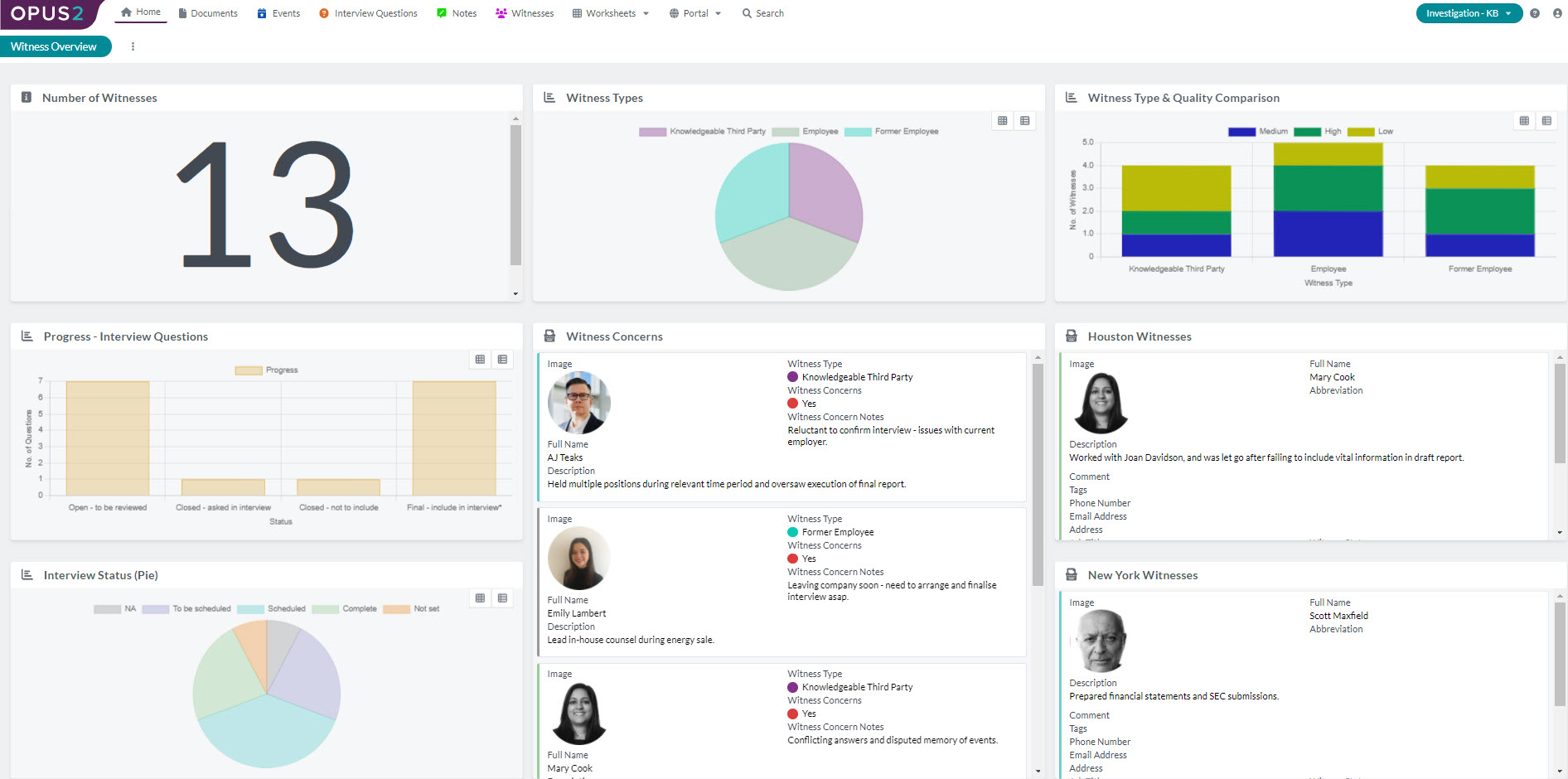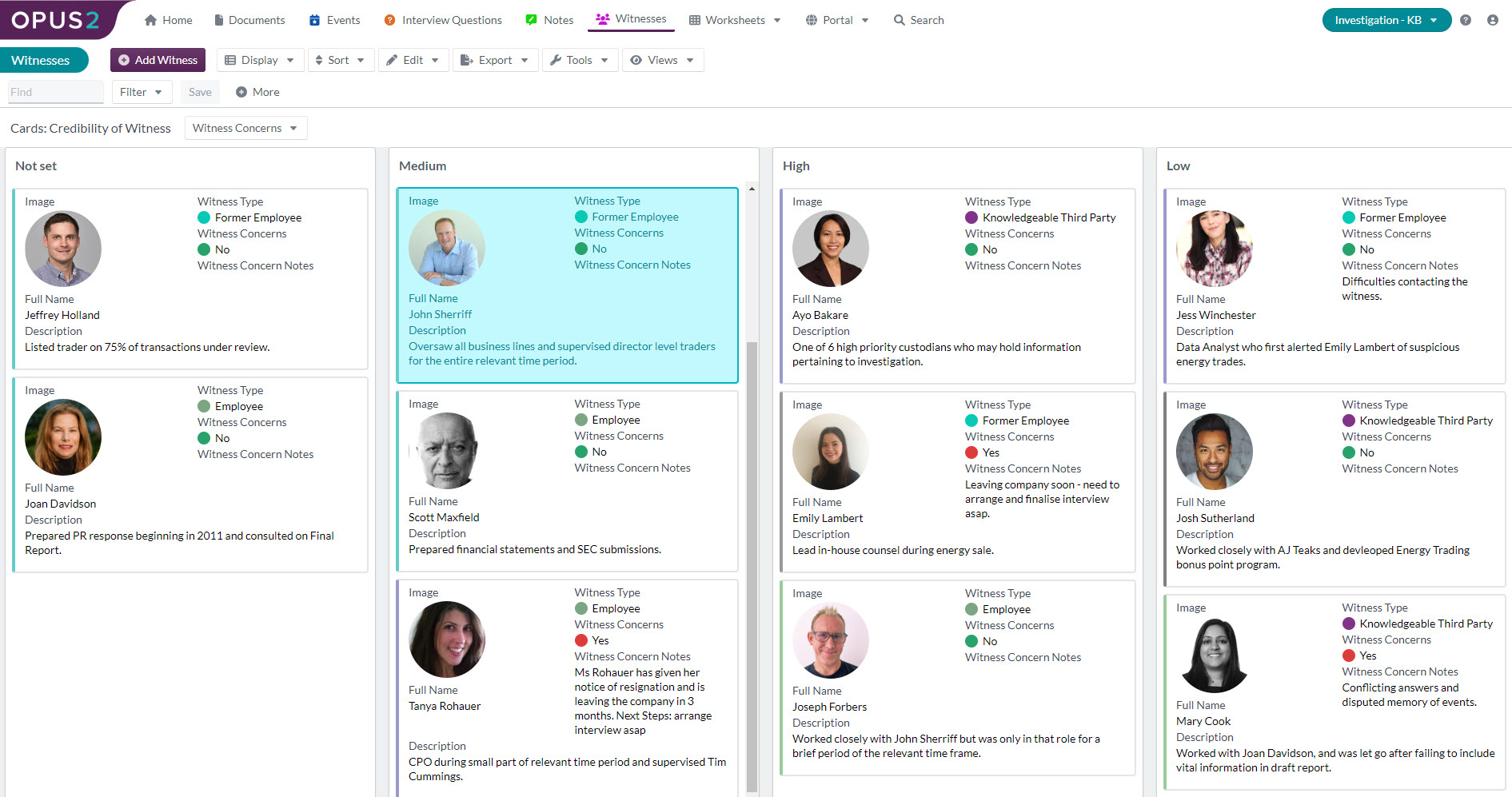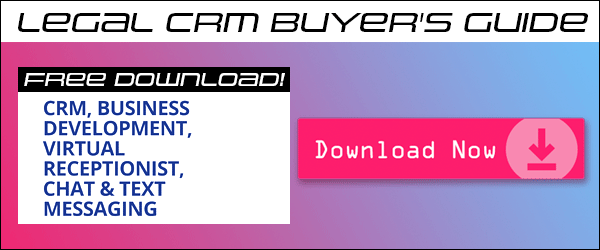[ad_1]
 White-collar work is a tough practice to categorize. To the extent that it can end in a criminal trial it’s a subset of a firm’s litigation practice. But dragging a corporation through an arbitration for breaching subsection 287(c)(iii)(ü)(☮)(2) of a contract has little in common with lengthy sitdowns with the U.S. Attorney’s Office divulging scraps of information to stone-faced prosecutors in hopes that they’ll agree to let your client walk. Or performing a thorough internal investigation to demonstrate the client’s commitment to cleaning its own house or convincing the SEC it’s on a wild goose chase.
White-collar work is a tough practice to categorize. To the extent that it can end in a criminal trial it’s a subset of a firm’s litigation practice. But dragging a corporation through an arbitration for breaching subsection 287(c)(iii)(ü)(☮)(2) of a contract has little in common with lengthy sitdowns with the U.S. Attorney’s Office divulging scraps of information to stone-faced prosecutors in hopes that they’ll agree to let your client walk. Or performing a thorough internal investigation to demonstrate the client’s commitment to cleaning its own house or convincing the SEC it’s on a wild goose chase.
And yet we always seem to use the same tools as the rest of litigation. Obviously there’s overlap when you’re reviewing documents and performing interviews, but investigations are still unique animals — a platypus practice, if you will — and the little nuances pile up after a while.
Which is why I was very interested when Opus 2 talked to me about its new solution aimed specifically at managing investigations.
You can click on this image to get a closer look…
That’s the fully configurable dashboard that can be set up to reflect your interests and role in an investigation. There’s a lot of information on here. Witnesses listed and broken out by location, contact information, notes about roles and the relevant topics they can speak to. You can flag them with the concerns you have. They can be categorized by quality and you can see the status of scheduling. There’s also a section featuring interview questions “to be reviewed” or not that gives the partner an opportunity to see if the team has new insights that can be added to future interviews or rejected.
Here you can just pull up all the witnesses categorized by priority in one full screen (once again, click to make bigger)…
Now here’s a look at where the platform is really helpful. With everything loaded into the same secure environment, run a search for a specific topic and it goes out and searches the documents, witnesses, notes, and events. In this case, let’s say I wanted to know about the Gains clause in one of the contracts. After running the search I can jump right in…

If it’s a little hard to see exactly how this works, the user is highlighting a specific line of the document, writing the associated question, then adding which witnesses will be asked this question about this document and then tagging the subjects related to this question. Then the question is added to the sidebar with all the others you’re asking.
Next we have the witness portal…

Populate with the documents you want the witness to see and grant access to the witness and counsel. Secure access to only the folks who need to see it without introducing other communication vectors and the associated risk of screwing those up. Don’t accidentally email documents to the wrong list anymore.
Speaking of documents, my investigations always centered on the timelines that I’d throw together in Word. Opus 2 showed me how the system takes the insights you’re coding and can spit them out into a Word document formatted exactly like those timelines I labored hours to make. It’s capable of pushing output to Excel or Powerpoint too. These timelines can be customized for specific witnesses to aid with prep as well.
As information is added to the platform — say, a new document comes in or a witness informs you of a new relevant date — all of that can be interlinked and connected. Since everything in here is living in the same secure cloud clicking on an event in the chronology that’s backed by a relevant document can take you immediately to that document without clunky lag.
There are definitely standard litigation tools out there that can be cobbled together to make investigations like these run smoother, but putting everything under one roof and tailoring it to key off the specific tasks white-collar lawyers are doing every day is so much more efficient. Having worked in this specific practice niche for quite some time, this is the tool that would’ve made my life a whole lot easier.
 Joe Patrice is a senior editor at Above the Law and co-host of Thinking Like A Lawyer. Feel free to email any tips, questions, or comments. Follow him on Twitter if you’re interested in law, politics, and a healthy dose of college sports news. Joe also serves as a Managing Director at RPN Executive Search.
Joe Patrice is a senior editor at Above the Law and co-host of Thinking Like A Lawyer. Feel free to email any tips, questions, or comments. Follow him on Twitter if you’re interested in law, politics, and a healthy dose of college sports news. Joe also serves as a Managing Director at RPN Executive Search.
[ad_2]







